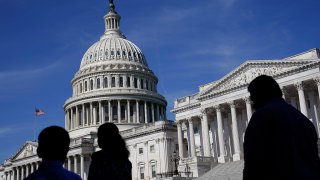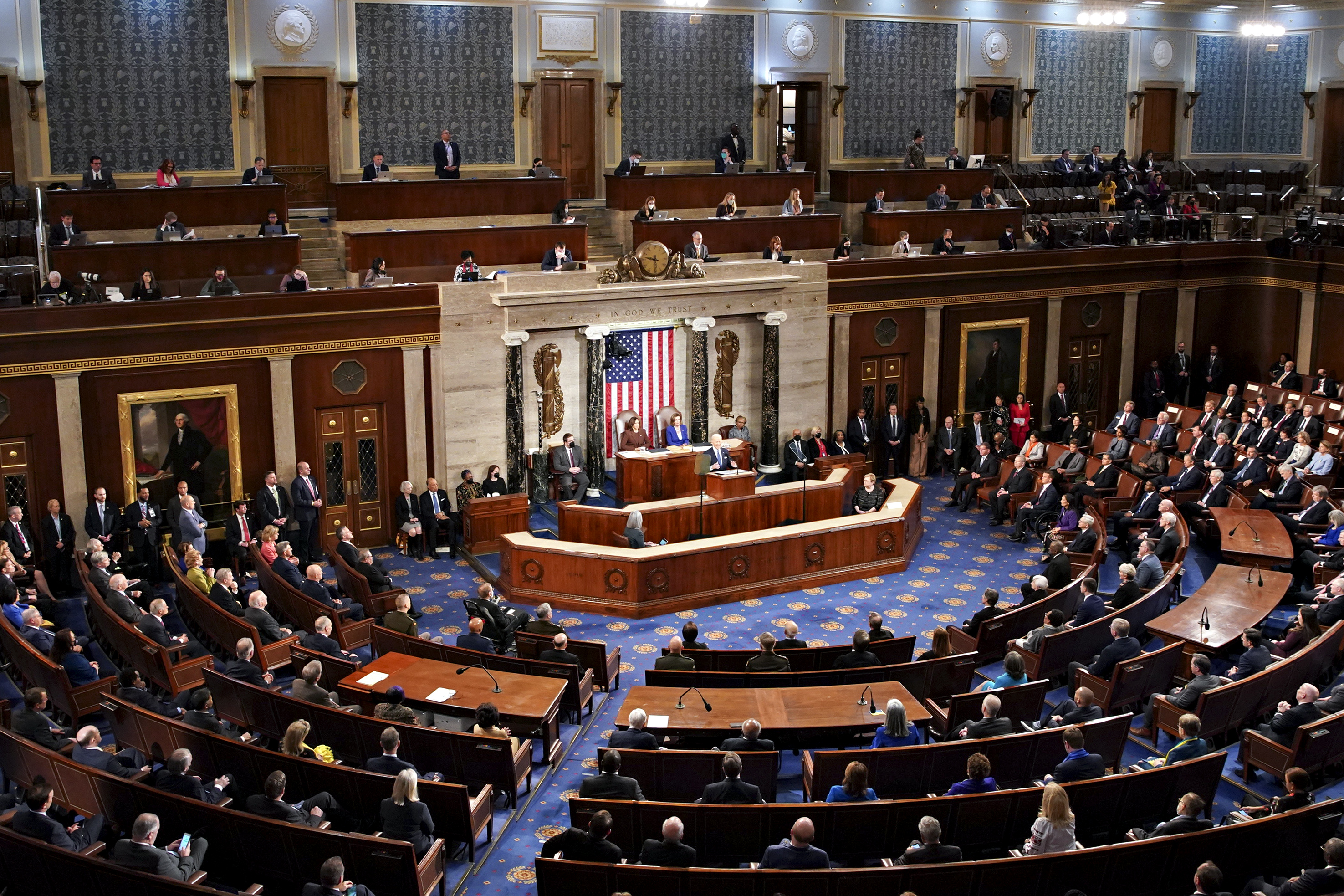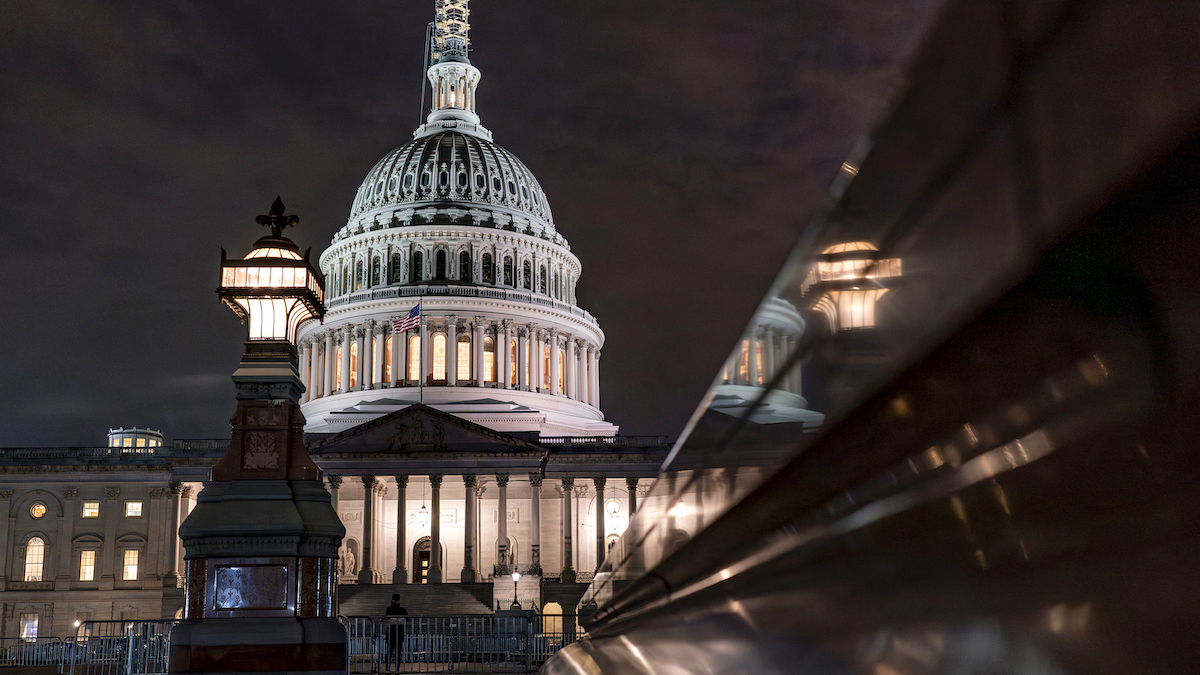
President Joe Biden is going into Thursday's State of the Union address with an expanded plan to raise corporate taxes and use the proceeds to trim budget deficits and cut taxes for the middle class.
The Democratic president in this election year is refining the economic agenda that he’s been pushing since the 2020 presidential race, trying to show that he is addressing voters’ concerns about the cost of living. With Republican control of the House, Biden’s agenda is unlikely to become law and serves as something of a sales pitch to voters.
In a preview of Biden's remarks, aides including Lael Brainard, director of the White House National Economic Council, said the president would contrast his proposals with Republican plans to extend former President Donald Trump's expiring tax breaks and further slash corporate tax rates.
Under Biden's proposal, corporations would no longer be able to deduct the expense of employee pay above $1 million, which could raise $270 billion over 10 years. He also wants to raise the corporate tax rate to 28% from 21%, among other measures. And, as Biden has previously proposed, major companies would be charged a minimum tax rate so that they could not avoid the IRS through accounting maneuvers, deductions and specialized tax breaks.
Get top local stories in Philly delivered to you every morning. >Sign up for NBC Philadelphia's News Headlines newsletter.
Billionaires would need to pay a minimum of 25% in federal taxes on their income under his plans. People earning more than $400,000 would also pay higher Medicare taxes to ensure the program's financial viability.
Biden would use some of those revenues to pay for expansions of the Earned Income Tax Credit and Child Tax Credit, which would help lower-income families. He is also seeking to permanently make health insurance premiums lower for those who receive their medical coverage through the 2010 Affordable Care Act.
Aides said Biden's forthcoming budget plan would trim the national debt by $3 trillion over 10 years, similar to what he pitched in last year's budget proposal, which was not approved by Congress.



